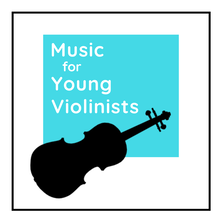|
Children Speak in Code - Learn How to Interpret When a child declares they hate the violin (or practicing, or you for that matter) I caution you to interpret the meaning of such strong statements with great wisdom and care. Children experience all the same emotions as adults, and this includes frustration, shame and disappointment. Children speak in code because they do not yet have the maturity to word their feelings for the full explanation of their emotions to be articulated. I knew a little girl who started playing the violin at the age of 4. She was full fire and like many violinists tended to be an intense child. She would frequently verbalize strong statements in the home practice sessions saying things such as: This little girl had a wise mother who knew these statements were code with a meaning different from the words spoken. What this little girl really meant was: "I hate playing VIOLIN!!!" = I really just hate this terrible feeling of defeat and inadequacy inside of me. Your child may also be saying to you: "Please do not give up on me, I need your support and your years of wisdom to guide me through this challenge in a healthy way. I am counting on you to shine a light to a higher path for the challenge at hand. My strong reaction right now even illustrates my need for a healthy emotional expression in life and music is a perfect fit for me and this necessary release. Please do not quit before I do. Please look 20 years into the future and help me through this challenge. I am counting on you." "I hate YOU!!!" = "I hate disappointing you and feeling like a failure in front of you. "I hate PRACTICING!!!" = "I hate feeling left out and frankly it does not feel fair. There is more to this story and a happy ending. Somewhere around the age of 12 or 13 music became an incredibly compelling experience for this little girl and there was a shift with her relationship to practicing. She was starting to connect the dots now how practicing was a path to making her dreams come true. All of a sudden there were String Quartets to play in at summer institutes and sophisticated Concertos by J.S. Bach and A. Vivaldi. It was indeed exciting to be a musician and she finally took full ownership of home practicing so her mother no longer needed to come to lessons or help with home practice. This girl became so focused and fulfilled with her music that she went onto major in violin performance in her undergraduate. She continued to fall in love with music and even pursued a graduate degree in violin performance with an emphasis in Suzuki Pedagogy. She has been teaching for 15 years now and is extremely grateful that her mother was so devoted to a higher vision when times got emotionally rough growing up. This little girl with such a strong willed constitution presented great challenges to her mother while growing up but her mother continued to believe in the higher purpose of music education and was willing to weather the storm of these verbal outburts and occasions such as the little girl's violin becoming a projectile object (that is a nice way to say the violin was thrown across the room.) The moral of the story is to please interpret strong statements towards playing the violin and practicing with extreme caution.
I know that little girl who used to shout out in home practice very well because that little girl was me. Thank you mom for believing in me at such a young age and for staying focused on the higher purpose of this work. I am so grateful for your endearing support all of these years.
6 Comments
As a former music major and Suzuki Violin teacher I often receive comments from the parents I work with that allude to an assumption that my life growing up was free from some of the challenges that contemporary families experience. I assure you that my family struggled with all the same things current families do. I had my mother write this article posted below for my parent workshops to demonstrate the realities of my musical upbringing. I like sharing this because my life demonstrates that even with challenges of finding routine and committing to practice, I still made it through with flying colors. 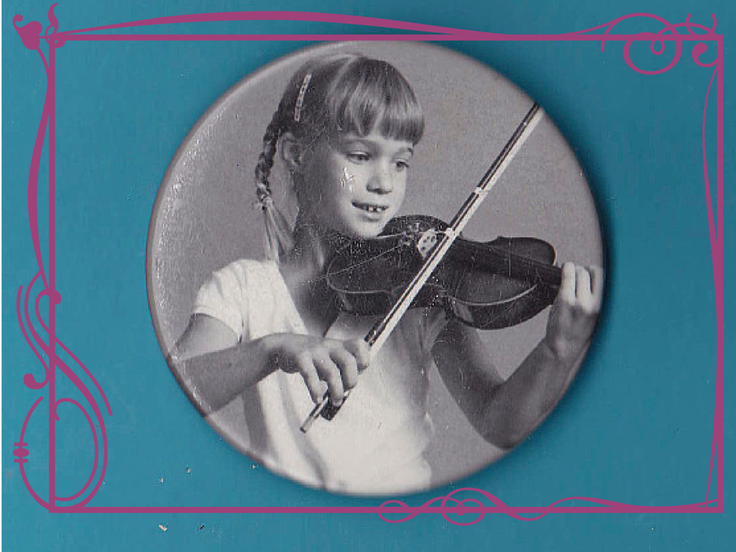 Myself circa 1982 at the American Suzuki Institute in Stevens Point, Wisconsin where I would go every summer with my mother. Myself circa 1982 at the American Suzuki Institute in Stevens Point, Wisconsin where I would go every summer with my mother. How I got involved - My friend Thelma Wilcox was new in town and had started a Suzuki violin group which I heard when my children were very young. I was immediately struck by the level of musicianship, good intonation and fine tone of such young children and asked how she got such good results. She invited me to visit one of her classes. I was inspired by the playing level of the children and by the involvement of parents in the class. She suggested that I bring my 4 year old son to the class to watch the other children. He came and was not at all interested, but his 2 year old sister, Heather, was eager to join the group. After reading the book Nurtured by Love by S. Suzuki I was somewhat skeptical as it seemed to be geared towards Japanese family life, but decided to go along with the program anyhow to see how it worked out for our family. What was difficult at first - The most difficult part was finding uninterrupted time for practice and listening. I had a 6 year old and a 2 year old as well as 4 year old Heather and all demanded my attention. I was also teaching a large group class of piano and clarinet students at my home at the time. I found it tough to find a routine and stick to it. What was easy - The listening was easy for me because I loved to listen to music. I enjoyed group lessons and the opportunity to visit with and share ideas with other parents. I enjoyed private lessons because Heather had an excellent teacher and it was a joy to watch her teach. What we got out of it - Group recitals were a great family time for us and we often celebrated with a cake, special meal, a new dress or a meal out. As Heather and her sister Alison, who followed on violin 2 years later, grew in their musical abilities they had the opportunity to play in various area ensembles and to socialize with a variety of children from other communities. Something positive, rather than something negative. All children crave attention and music gives them a way to seek it positively. What I would have done differently - I would have made more of an effort to keep to a strict practice schedule. Too many times I agreed to do it later or maybe we can skip today and do extra practice tomorrow....not a good thing. I tried to do extra listening on those days. How our lives would have been different without it - I cannot imagine a life without music in our home. Heather was an intense child and I remember one day out of frustration she threw her violin across the room. Thank heaven the living room had a thick carpet and the little violin survived! I learned that when she got frustrated, we would put the violin away for the day (or once for a week) and do more listening. Summer institutes - One of our most enjoyable and productive activities was attending the American Suzuki institute in Stevens Point, Wisconsin. It was here that I first experienced the scope of the Suzuki movement. Heather and Alison enjoyed living in a dorm, eating in a college cafeteria and socializing with Suzuki children from all over the world. It was here that they were able to hear very advanced students and to see where they were headed. They came home inspired to work hard to get to the next book or that wonderful piece in Book 6 that they had heard performed. I too enjoyed the socialization with other parents with similar concerns and interests and learned a great deal from the parent classes. Let's connect and inspire each other on Pinterest! Music for Young Violinists is happy to be joining Pinterest - a virtual bulletin board. I will be posting unique violin and music education-related items that are complementary to the posts and resources on the Music for Young Violinists website. I will frequently update our board with:
What exactly is Pinterest? Pinterest is a virtual bulletin board. Your Pinterest board fills with images of your specified interest from people from around the world that you follow. Many music educators are now using this modality to share ideas about teaching, practicing, inspiration, and humor. Learning is an incredible experience that encompasses all parts of life. YES, that sometimes means fun, silliness, and cheesy jokes!!! Young musicians having fun with a play on words in one of our group classes. We are using the quarter note rests from the Blue Jello Rhythm Puzzles that are a part of the Music Mind Games curriculum created by the brilliant pedagogue Michiko Yurko. I highly recommend this music theory program - your students will have so much fun, they hardly even realize that they are learning! For more information, please visit the Music Mind Games. I consider Suzuki Violin Book 2 to be a collection of little gems and have enjoyed playing the different character pieces in this collection for decades. If you have not yet exposed yourself to the original opera, song or dance versions where these pieces were extracted from it is a highly enjoyable endeavor! I marveled when I first heard how brisk and joyful Chorus from "Judas from Maccabeaus" sounded - it is a contrast from the stern and slow style that is often taught by Suzuki Violin teachers. Below is a list of links to the origins from some of the repertoire in Suzuki Violin Book 2. 1. Chorus from "Judas Maccabeaus" 2. Musette example from J.S. Bach (this is to help give a sense for the dance and bagpipe feel of a true musette). 3. Hunters' Chorus 4. Long, Long Ago 5. Waltz 6. Bouree (I was unable to find this). 7. The Two Grenadiers 8. Theme from "Witches of Dance" 9. Gavotte from "Mignon" 10. Lully Gavotte 11. Minuet in G 12. Boccherini Minuet Additionally, Mark Polesky just created a resource of references for the origins of pieces from all of the Suzuki Violin repertoire Books 1-10. For a more in depth exploration of the Suzuki repertoire please visit: http://www.markpolesky.com/suzuki/ Feel free to share related links to your favorite Suzuki related recordings below in our comments. |
Categories
All
Archives
February 2024
AuthorHi! It's me, Heather. I absolutely love working on the Music for Young Violinists project and all the many facets: blogging, website, music, teaching materials, freebies, videos, newsletter and giveaway contests. The best part is connecting with you so feel free to drop me a line. You can learn more about me on the "ABOUT" page. Thanks! |
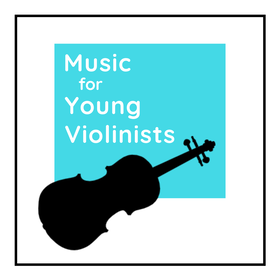
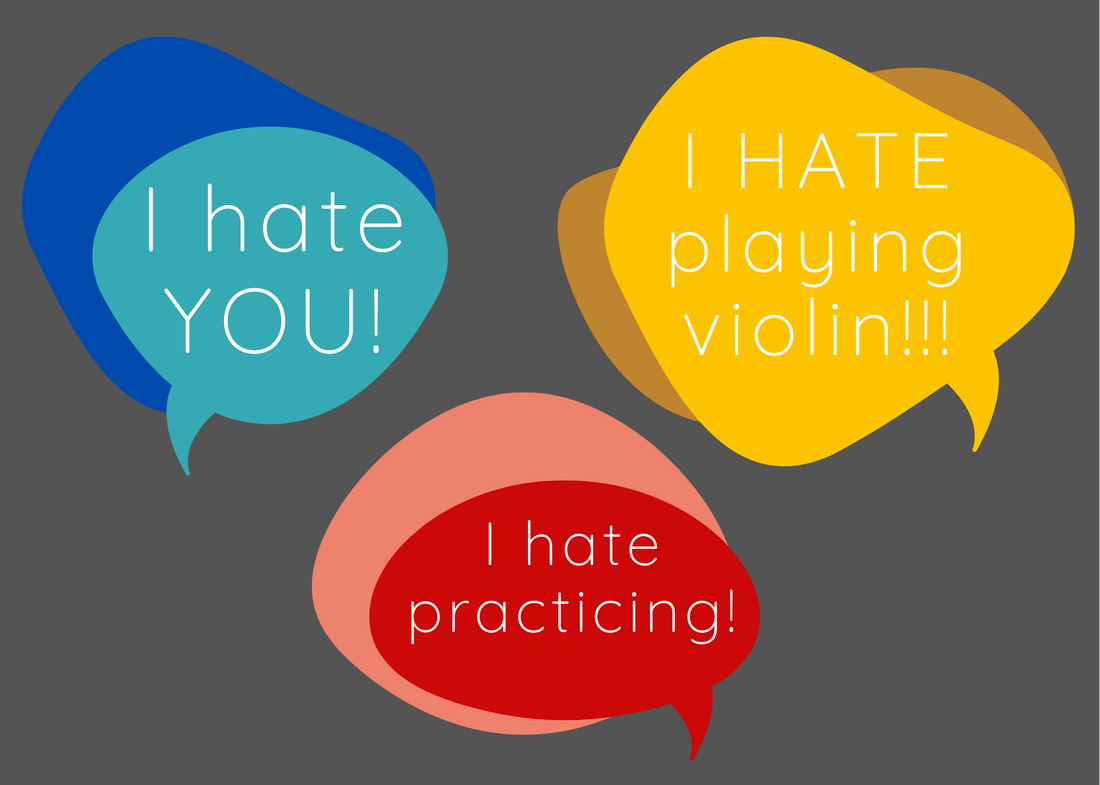
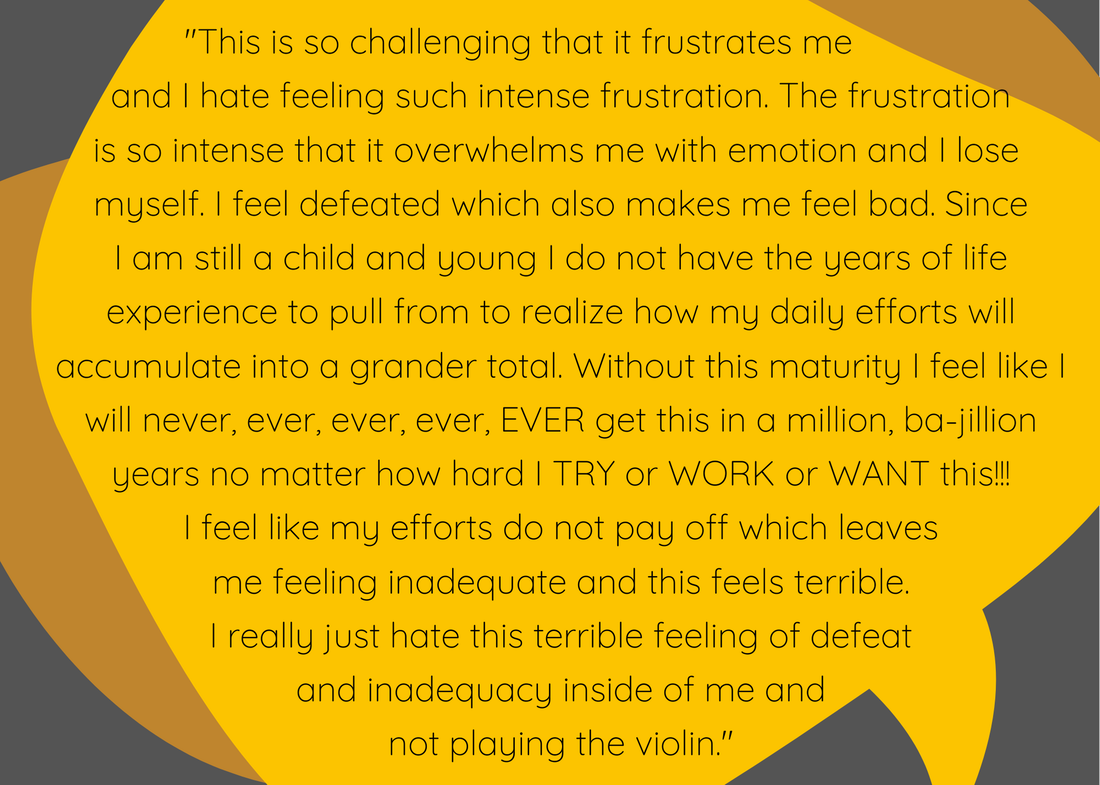
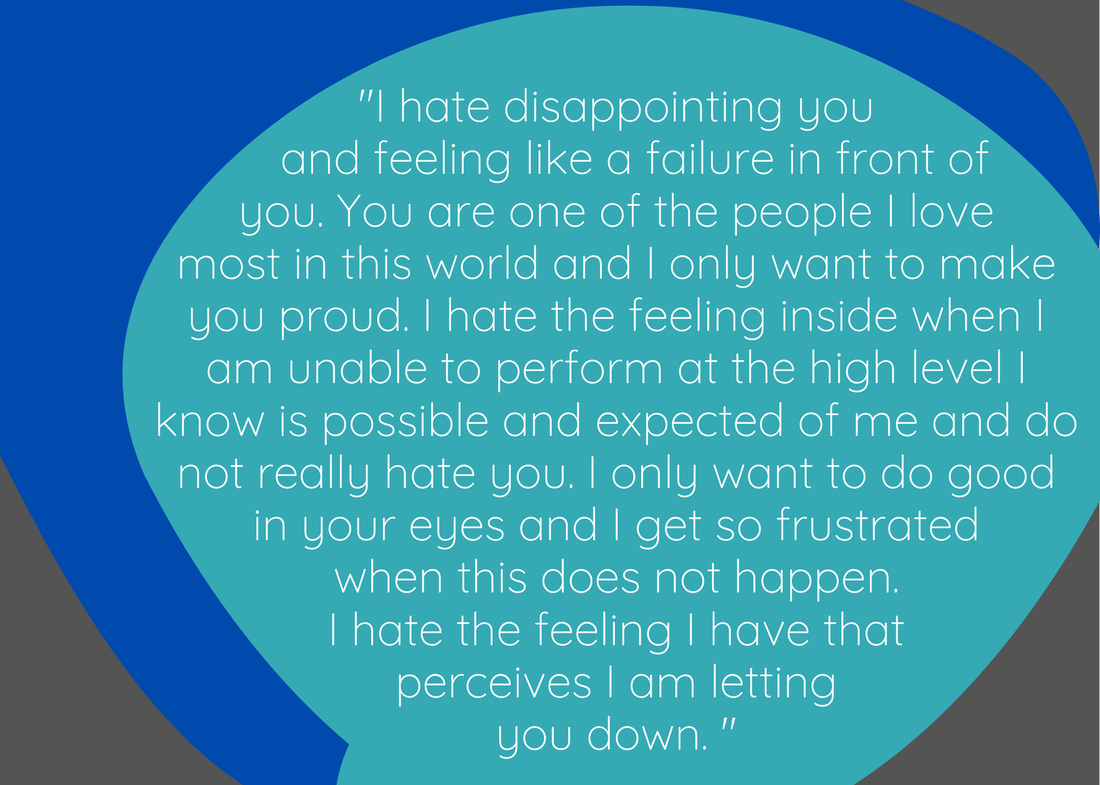
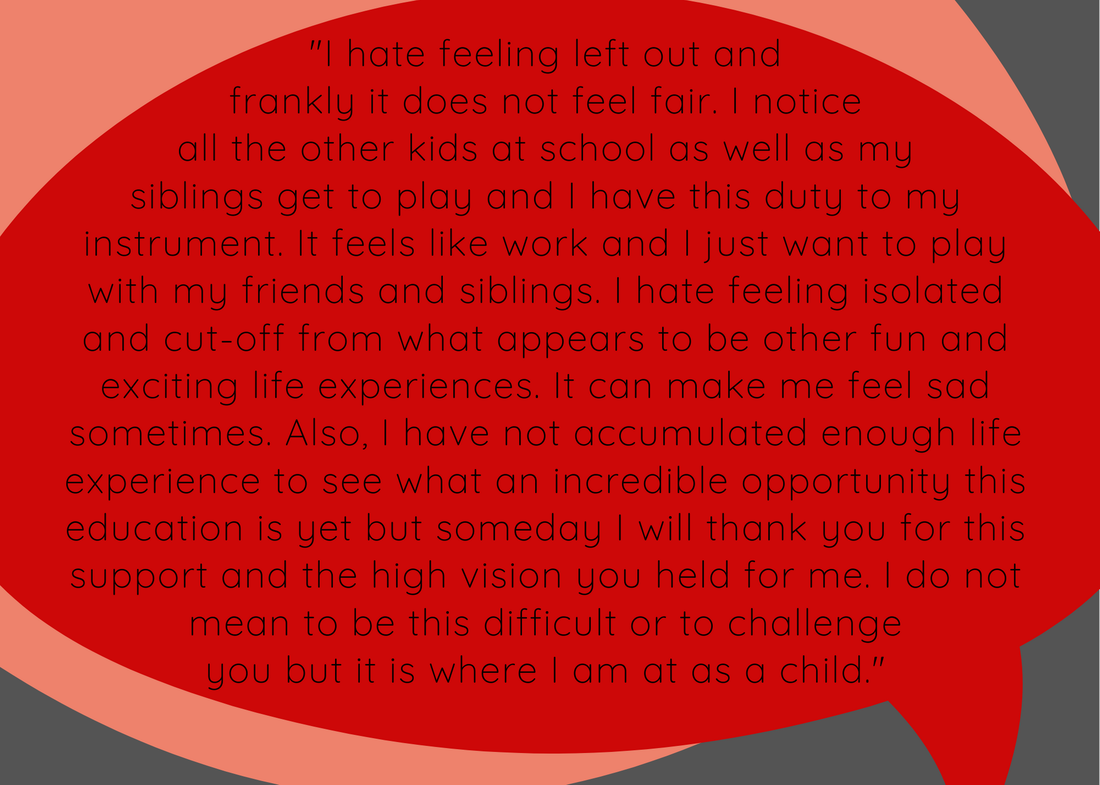
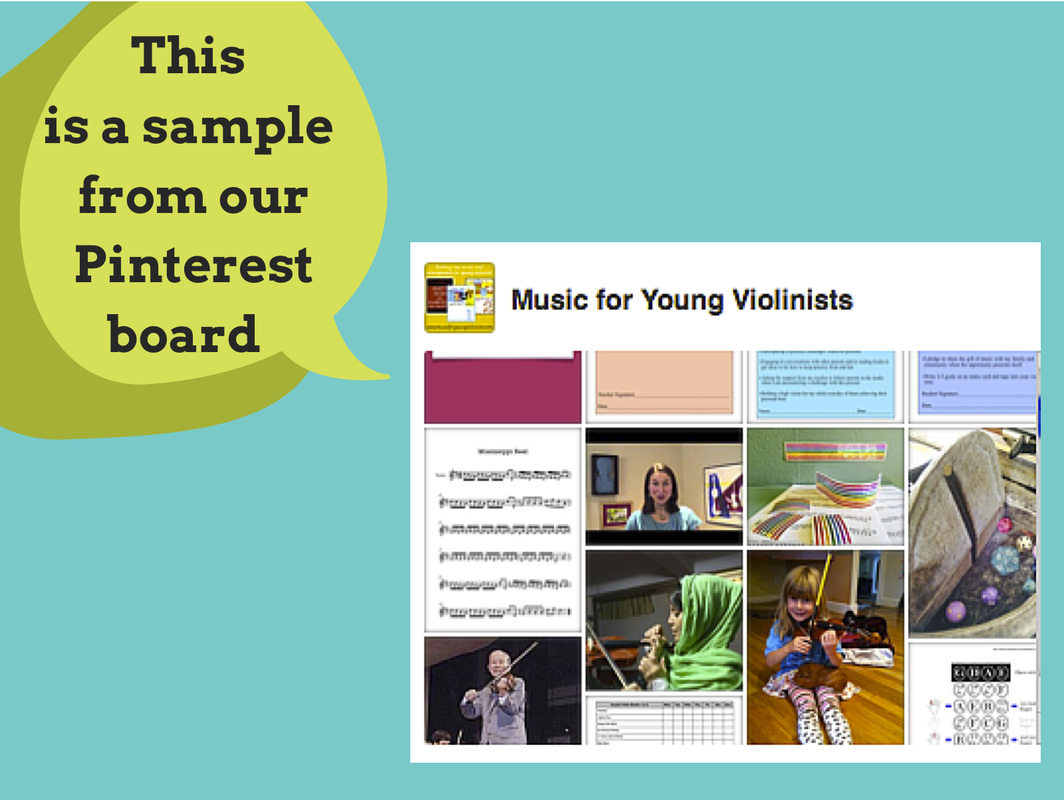
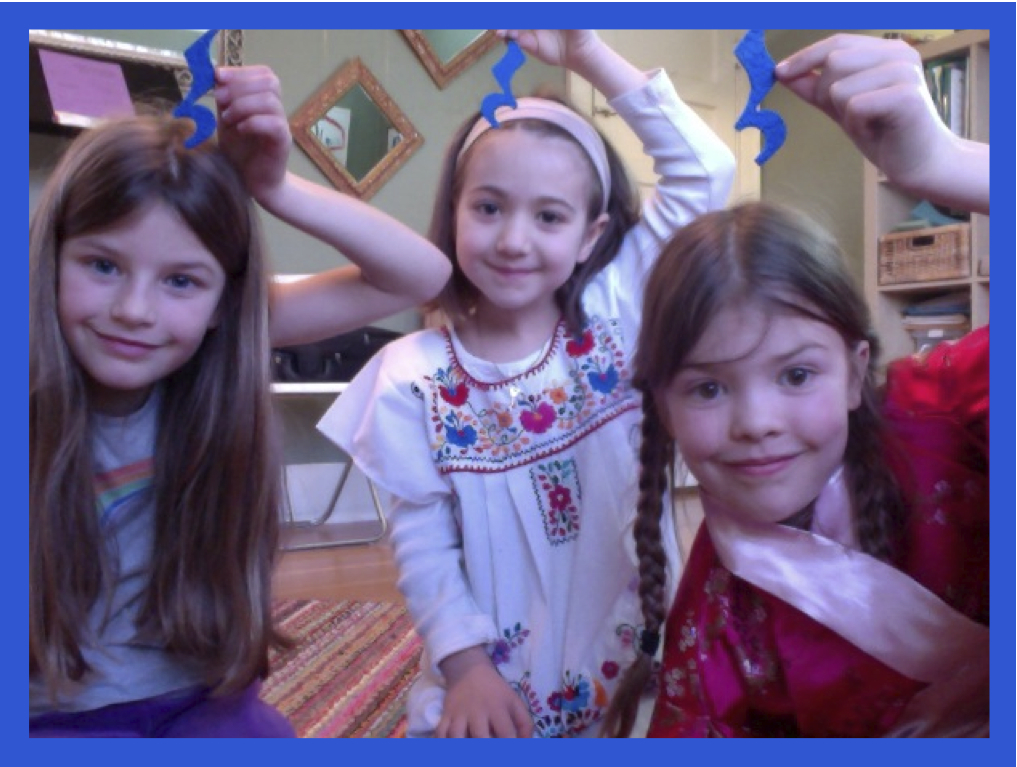
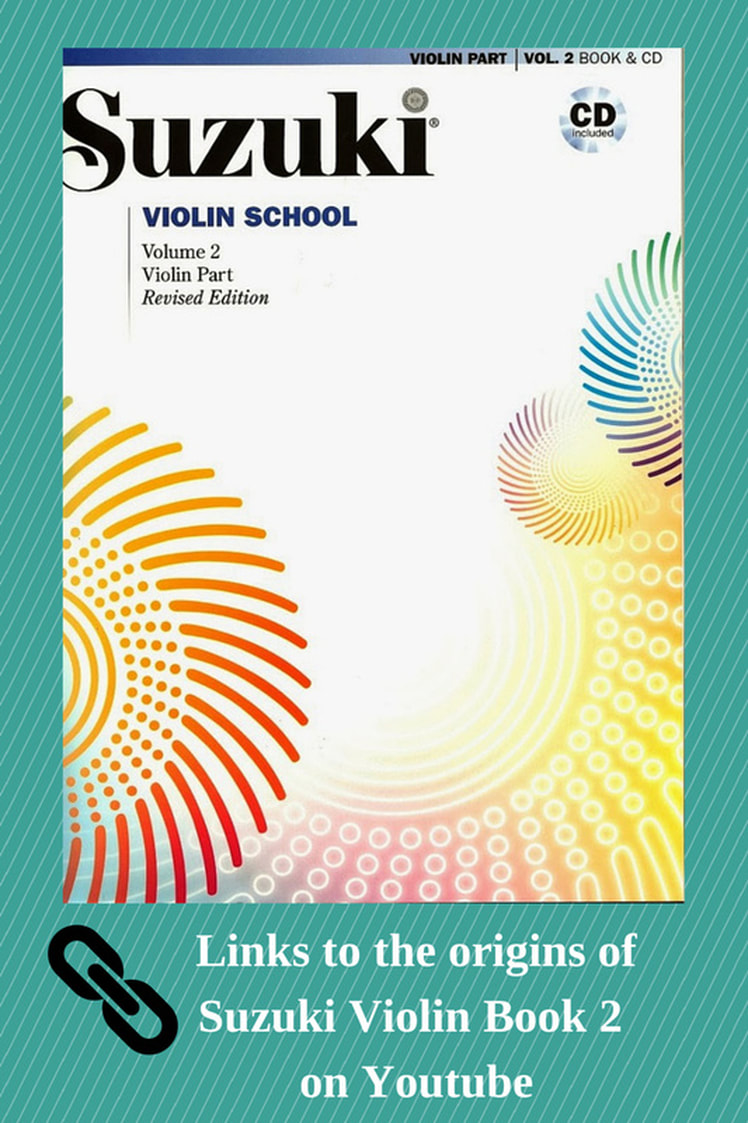
 RSS Feed
RSS Feed
